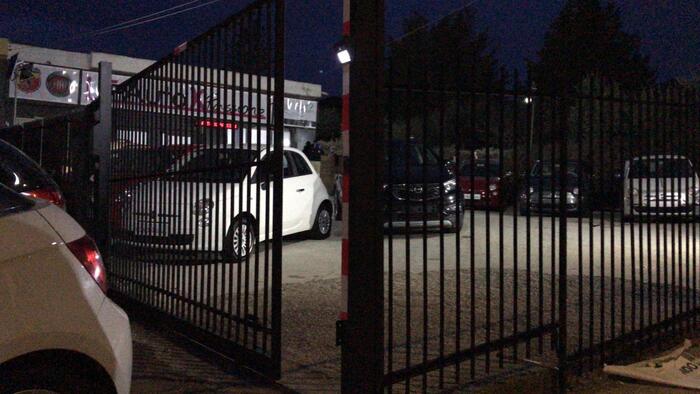Sometimes the folly and convictions compete with each other. In the world, detainees and prisoners are released and are initially prevented from arresting and imprisoned in the face of the Corona epidemic. This trend is also in line with the insight that incarceration does not serve society and that, except in arrests and incarcerations, which often fail to achieve their goals, cause great suffering and cost capital.
In Israel, some of the prisoners and detainees were also recently released. But now the law enforcement agencies have drafted an amicable bill for Knesset approval, entitled "Criminal Procedure Bill (Enforcement Powers - Detention) (Temporary Order - New Corona Virus) (Suspicious Detention While Preventing to Promote Investigation)". According to the motion, if God forbid, the law states: "An application has been made to the staff for the arrest of a person and a judge finds that the cause of the detention is being held ... He may order the arrest of that person even if he finds that there is an objection to advance the investigation process in his case at that time. The health risk involved in investigating a patient or a person in isolation ... " The patient who is or is in solitary confinement may be the suspect or witness, and, on motion, the suspect will pay the arrest price of the difficulty of the police moving forward in the investigation.
Under existing law, which is an attempt by the 1996 Knesset to reduce the excessive use of detention, only one of three defined grounds can be stopped and only if another alternative fails to achieve the purpose. The first is a reasonable element of concern for the security of a person, the public or the state. The second is a reasonable element of concern for the disruption of investigative proceedings. Third: "Special reasons to be recorded" for interrogation proceedings that cannot be held unless the suspect is under arrest. Long before the proposed legislation under the auspices of the Corona, the police, the prosecutor's office and the courts actually failed the Knesset's attempt to curb the lust for incarceration.
The proposed legislation now states that "the purpose of the arrangement in the memo is to prevent the spread of the virus in detention centers and prisons and to prevent the infection of the investigative teams." Already there is a first logical failure, because to prevent the spread of the virus in detention centers and prisons, one must avoid arrest and imprisonment as much as possible. It is further explained that if it is the arrest of a sick person or who is in solitary confinement for investigative proceedings, which cannot be held unless the suspect is under arrest, then it will not be possible to investigate, fearing that the investigators will be infected, so the proposed conclusion is that the detention should be extended by a new cause, the "corona cause" .
It is difficult to assess whether these are fools, villains, or both. In the proposed argument there is a logical fallacy: 1. Seek to arrest a person on the exceptional grounds (which would have been better if the Knesset had been eliminated, since it can and should be investigated even without arrest) of detention for interrogation (such as using a spade, which may be humiliating and even incriminate). 2. It is not possible to investigate due to the illness / isolation of the suspect / witness. 3. The proposed conclusion by way of legislation: the detention must be extended ... but then, if the investigation cannot be investigated, the land is dropped below the cause of detention for interrogation! In addition, there are other solutions, such as video interrogation (as even legal discussions are held) and such as shielding the researchers. The cause of arrest for fear of disrupting the interrogation proceedings will also lead to a logical failure, since an investigation that cannot be disrupted cannot be disrupted. The only cause that may justify detaining a suspicious person is the risk to a person's or the public's security, and that too should be interpreted narrowly. However, its implementation does not require new legislation.
On the margins of the proposal it says: "The effect of the proposed law memorandum on the state budget - there is no." Indeed? The report by the Dorner Commission estimates the current cost (mainly of the prison wages) of holding a detainee at NIS 10,000 a month, since almost doubling, and there are also costs of detention facilities. So I am not convinced of the wickedness, because it is subjective, although it is difficult not to suspect its existence in the event of detention. Of patients, but I am convinced of the wastefulness of public money to "protect" an investigation that cannot be sustained.
Prof. Boaz Sanjero teaches at the Law and Business Academic Center and at Sapir Academic College, and the founder of the site "Review of the Criminal Justice System"
See more Boaz Sanjero opinions







